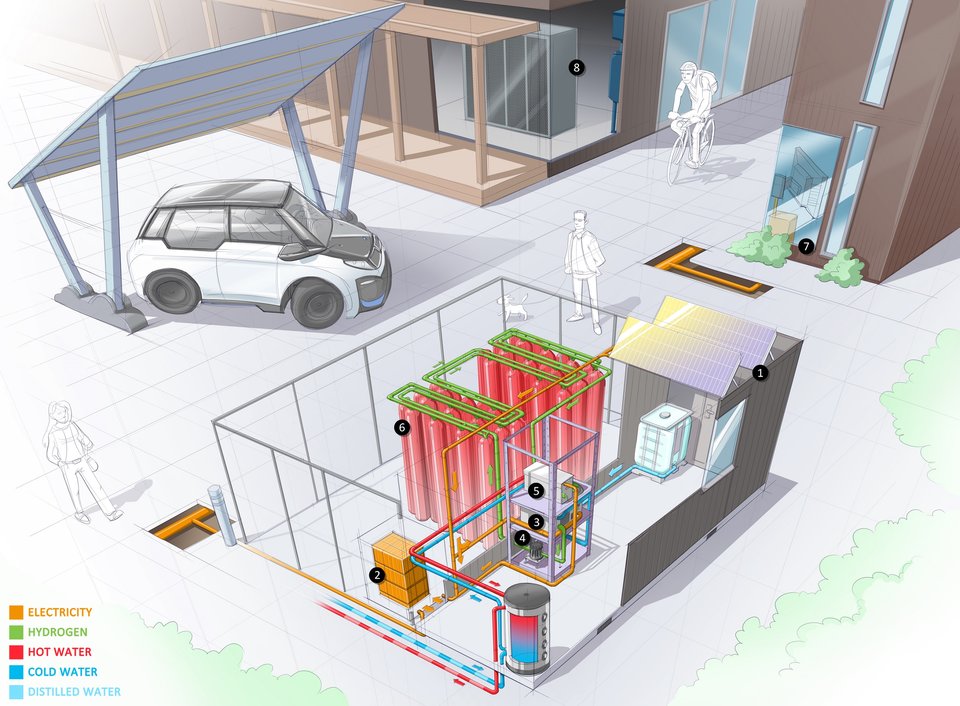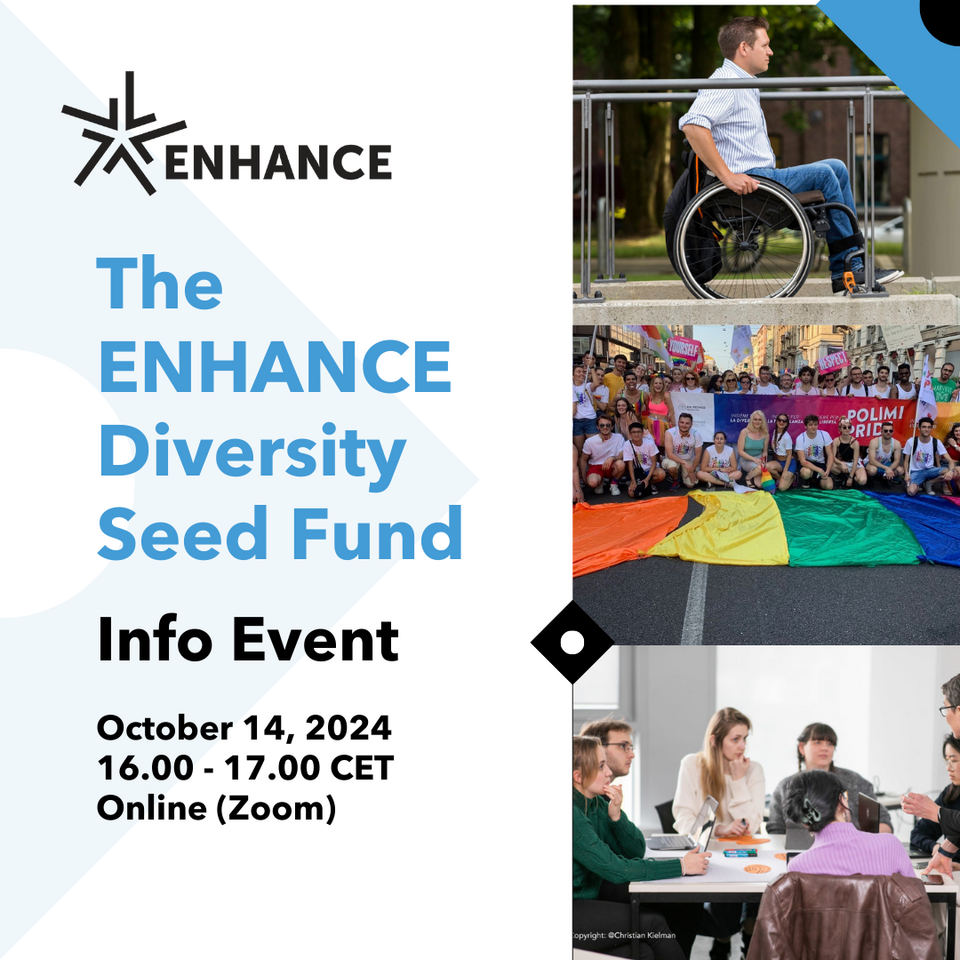Delft Subsurface Storage
Subsurface storage is one of the key strategic multidisciplinary themes of the Department of Geoscience and Engineering at TU Delft, to provide innovative solutions to challenges facing our society related to energy, water and environment. We conduct research, train and educate young talents, and develop professional communities and disseminate our findings to the society. At one of the world’s leading Geoscience and Engineering departments, the Subsurface Storage Theme is the umbrella to effectively connect scientific innovations to the business holders and policy makers for responsible technological advancements. We welcome all national and international leading stakeholders to connect with us and join our partner group. Subsurface geological formations play a crucial role in resolving many societal challenges related to the Energy Resources, management of Water Resources, and preservation of the Environment. The growing share of renewable energy production has introduced new technological challenges. Their natural temporal fluctuations make it difficult to match the instantaneous energy demands. Thus, the development of storage systems is necessary to accumulate energy in periods of high productions and release it when the demand is higher. Geological formations have a huge storage capacity and can serve as energy storage systems in the form of, e.g. green fuels (hydrogen, green methane, etc.), hot fluids, and compressed air. Subsurface formations are also major resource of fresh water. The global scarcity of the drinkable water urges that new storage and extraction techniques are developed to allow access to drinkable water in the periods of low supply. Finally, the formations can be used for safe large-scale storage of industrial by-products, e.g. Carbon dioxide. One can safely and efficiently store them until the time we find sufficient applications and utilisation for them. Our multidisciplinary scientific expertise include characterisation, modelling, simulation, monitoring, optimisation and safety assessments of subsurface formations. We orient and integrate our developments with the relevant technological challenges and actively engage with the local and global societies to address their values, needs and wishes. We look forward to hearing from you, Hadi Hajibeygi Hadi Hajibeygi Theme Lead H.Hajibeygi@tudelft.nl Personal page twitter linkedin Project ADMIRE Database Events All Research Projects This content is being blocked for you because it contains cookies. Would you like to view this content? By clicking here , you will automatically allow the use of cookies.






